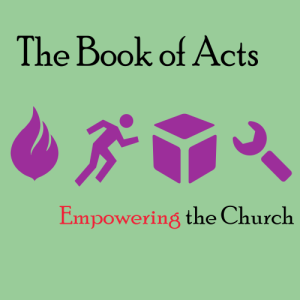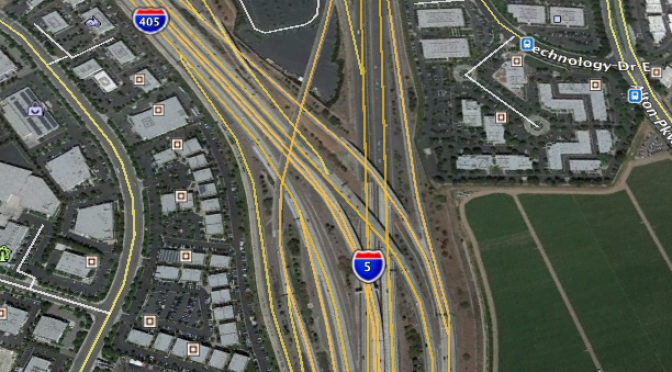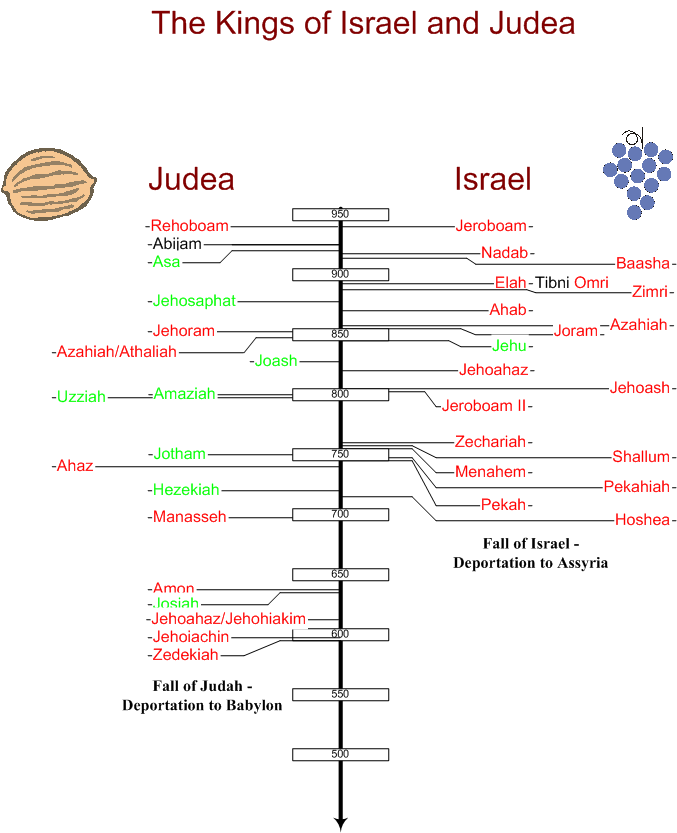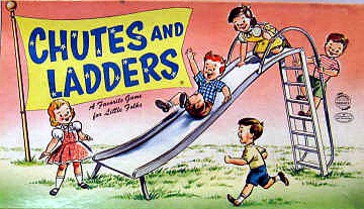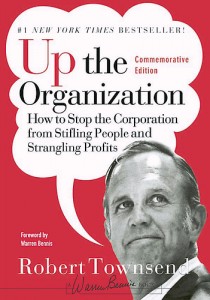The weather last week was muggy. Some people say this is an omen for the much-needed El Niño, a weather phenom that often brings rain to California. We need the rain. A lot of moisture bloomed up from Baja. It tends to even out temperatures, but also visibility. Looking across Estero Bay, everything was a grey haze, not a lot of contrast. Almost like a bad landscape shot from a Kodak Instamatic, for those of you who remember them, small film cameras from the 50’s with sub-optimal optics for those who do not.
What was missing was contrast. I knew the Morro Rock was there, but it didn’t look much different than the blue Pacific surrounding it. Hills, sky, water, everything looked the same. Unsatisfying because it lacked definition.

This page of the Church’s early adventure, on the other hand, is vivid in its contrast. But you do have to give it the efforts it deserves. Contrasts in two men.
First Peter, the faith he demonstrated, the gates he walked through, the people he associated with. Second, two kings, Herod & Jesus, the people they associated with, the powers under there control, the clothes they wore, and the consequences of the words they spoke. So take off the lens cover, clean the lens, and load a can of Kodachrome as we snap our way through chapter 12.
The Contrast of Peter 1.0 & Peter 2.0
Acts 12:1 – Which Herod are we speaking of?
Herod the Great was one of the great builders of antiquity. A small, man, he was an Edomite, an Idumean, descendents of Esau. Herod fell in love with a true Jewish princess, Mariamni (sp?) a Maccabean descendent. This Herod killed at least 15 of his sons. The joke in Rome was it was safer to be Herod’s king, than Herod’s son.
This is Herod Agrippa, the grandson of Herod the great. He was put into power by Caligua. Late, Paul was put before trial in front of this man’s son, Herod Agrippa II.
So now this Herod persecutes the Christians, a way to get the Jews to like him.
Acts 12:2 – It is said that he hacked in in half, lengthwise.
Acts 12:3 – OK, if you liked that, I’ll go get the biggies.
Acts 12:4 – A quaternion was a group of four soldiers. usually two were used for a really bad guy. To have 4 quaternions, 16 soldiers to guard one prisoner begs the question, why so many? We can only speculate, but remember that his grandfather Herod the Great, was fond of John the Baptist. Could it be that there was a part of him who knew better. More importantly, do we ignore that part of our being (our conscience) when it comes to hearing God’s voice?
Acts 12:5 – What would have happened if they would have prayed for James? God has chosen to work through prayer. It is also to prepare us for the unending ages ahead to communicate with God.
Acts 12:6 – Once again, peter is sleeping like at Gethsemane. But this time he is sleeping because he is at peace with the Lord.Yes, you can demonstrate faith by sleeping, as Peter did here sawing logs before the day of his scheduled death. But Peter also heard Jesus prophesy about his demise in John 21:18
Acts 12:7 – Ever notice angels always seem to be in a hurry.
Acts 12:9 – He though he was in a dream.
Acts 12:11 – See Peter figure it out. What if Peter rolled over and went back to sleep. No, he acted anyway, out of faith. We also hear these exhortations and prophecies, and not act on a a notion God puts in our heart. If we step out and move forward, we may find it was just a vision, or onions the night before, or it may be being nudged by the HS. Pro:14:4 promises a clean manger, but no results. It takes getting up and moving forward, even though it’s a bit messy at times.
Acts 12:12 – Perhaps the same Upper Room used at Pentecost and the Last Supper.
Oh the world is drowning, the world is evil, so many have fallen away, sniffles the church. They had homothymadon, passion in the same direction. The early church had power, we do not. Could it be our perfunctory prayer, begging the faithful to a prayer service, to which few show up? WAKE UP!
Acts 12:13 – Rhoda – means Rose.
Acts 12:15 – These early sensitive to and used to angelic presence, that they did not bother to get up. Paul says that is to be done.
Acts 12:16 -Don’t stand there mouth agape when your prayer is “miraculously” answered. Pastor Chuck Smith relates such a story where the rent is due, and he is between jobs, without two nickels to rub together. He prays and prays, and finally, a a letter comes in the mail, an advance for pastoral work he was to do, totaling exactly howo much he needed for the rent.
Chuck joyfully walks around the house laughing, smiling, and praising God. Then Chuck relates that God said to him, in that still small voice, “Why didn’t you praise and thank Me before the money arrived?”
Acts 12:17 – What a great story! Ha Ha. How so much like me. But note that the prayer was effective all the same. Many times we are not sure how things will turn out, but all it takes is just enough faith to pray.
Acts 12:19 – Obviously, the man is upset. So to relax form this obvious trauma, he went to the luxury resort town of Caesarea.
The Contrast of Christ & Agrippa
Acts 12:20 – {349}We don’t know why he was upset with the locals. They bribed or somehow got an appointment with Blastus.
Acts 12:21 – This is an amphitheater right on the beach. Josephus tells us that these robes were made of pure silver threads, giving a very shiny appearance out in the sun. It was a spectacular garment.
Acts 12:22 – The crowd is sucking up to Herod for the bread. This guy is on an huge ego trip. Jon Courson says flattery is like bubble gum, it’s OK to chew a little, but don’t swallow it.
Acts 12:23 – We don’t know if it was immediate, or perhaps struck by intestinal parasites, doubled over, and died five days later. Dead either way.
This shows absolutely the necessity of giving God glory. When we glorify God, we grow from the inside out. When we glorify ourselves, we rot from the inside out.
